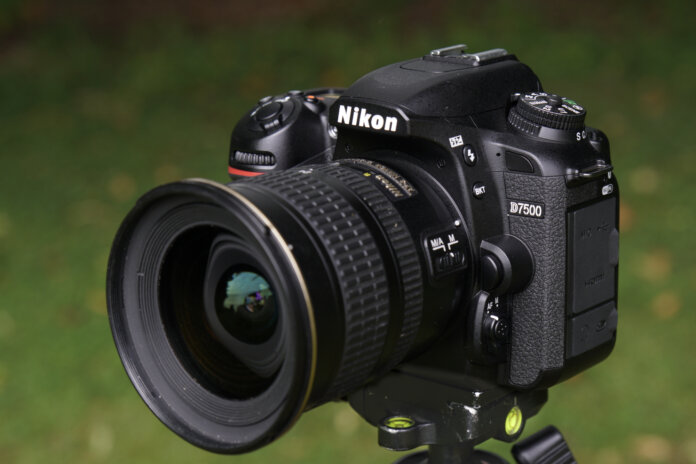You need the right camera for detailed and clear dental photography. Capturing accurate images is essential for patient communication and educational purposes. The right camera helps you achieve precision in your shots.
Related: Best Cameras for Beginners in Photography
What Should You Look For in a Dental Camera?
It is important to know what features matter. A good dental camera should have specific qualities:
- Macro Functionality: Essential for close-up shots of teeth.
- High Resolution: Ensures sharp and detailed images.
- User-Friendly Design: Easy to use during procedures.
- Lighting Support: Compatible with ring lights or flashes.
- Compact Build: Lightweight cameras are easy to handle.
Related: Best Camera for Macro Photography
Which Cameras Are Best for Dental Photography?
1. Canon EOS Rebel T7i
You should consider the Canon EOS Rebel T7i for its versatility and precision. It has a 24.2MP sensor that produces vibrant and sharp images. Its autofocus system is fast and reliable, making it perfect for dental shots.
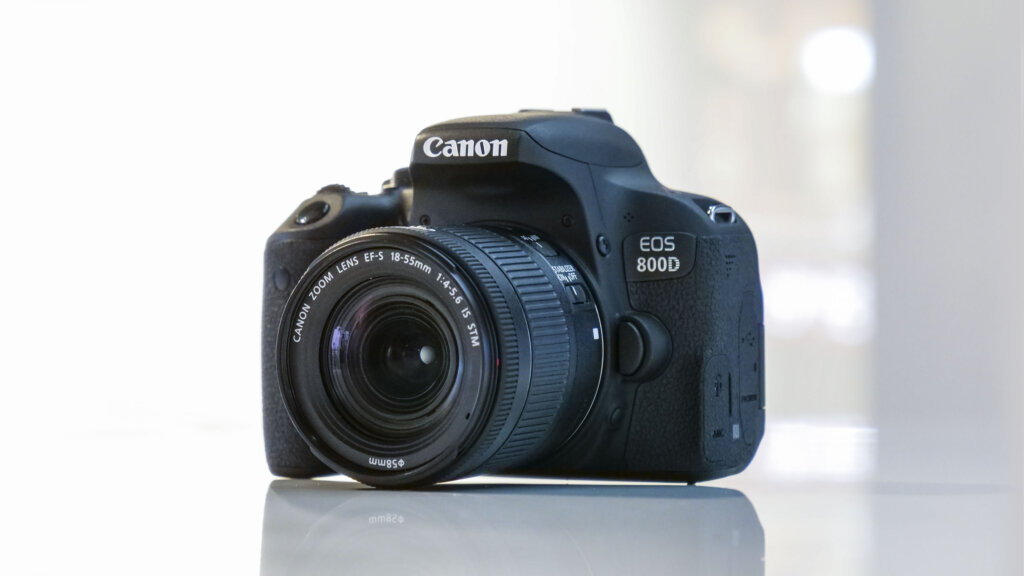
You can pair it with the Canon EF 100mm f/2.8L Macro lens for high-detail images. Its vari-angle touchscreen also helps you shoot from different angles easily.
Related: Best Camera for Automotive Photography
Why Choose This Camera?
The Canon EOS Rebel T7i makes dental photography easy. Its macro lens compatibility ensures detailed captures of teeth and oral structures. For example, it simplifies documenting restorations with clear and accurate shots.
Key Features
- 24.2MP APS-C sensor
- Dual Pixel autofocus
- Vari-angle touchscreen
- ISO range up to 25,600
- Wi-Fi and Bluetooth
Pros
- Excellent image quality
- Wide lens compatibility
- Easy to use
- Affordable
Cons
- Bulkier than mirrorless models
- Short battery life
Related: Best Camera for Dog Photography
2. Nikon D7500
The Nikon D7500 is ideal for professionals seeking reliability and quality. It has a 20.9MP sensor that works well in various lighting conditions. You can pair it with macro lenses for detailed dental images.
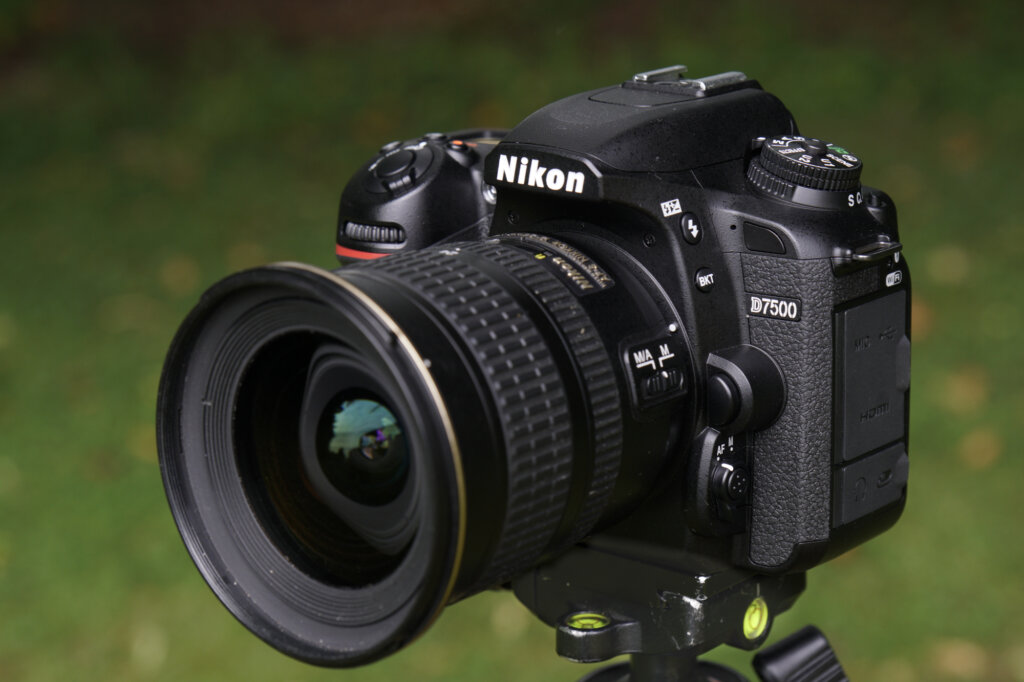
Its ISO range helps you capture sharp images in dimly lit environments. The tilting touchscreen adds flexibility for capturing different angles.
Why Choose This Camera?
The Nikon D7500 excels in low-light performance. You can rely on it for clear images even during procedures with limited lighting. For instance, it ensures excellent detail when photographing intricate dental structures.
Key Features
- 20.9MP APS-C sensor
- ISO range up to 51,200
- 4K video recording
- Tilting touchscreen
- SnapBridge connectivity
Pros
- High-quality images
- Durable design
- Performs well in low light
- Advanced autofocus
Cons
- Slightly heavy
- Limited touchscreen features
Related: Best Camera for Photographing the Night Sky
3. Sony Alpha A6400
You should consider the Sony Alpha A6400 for its compact design and advanced features. It has a 24.2MP sensor and a fast autofocus system for precise shots.
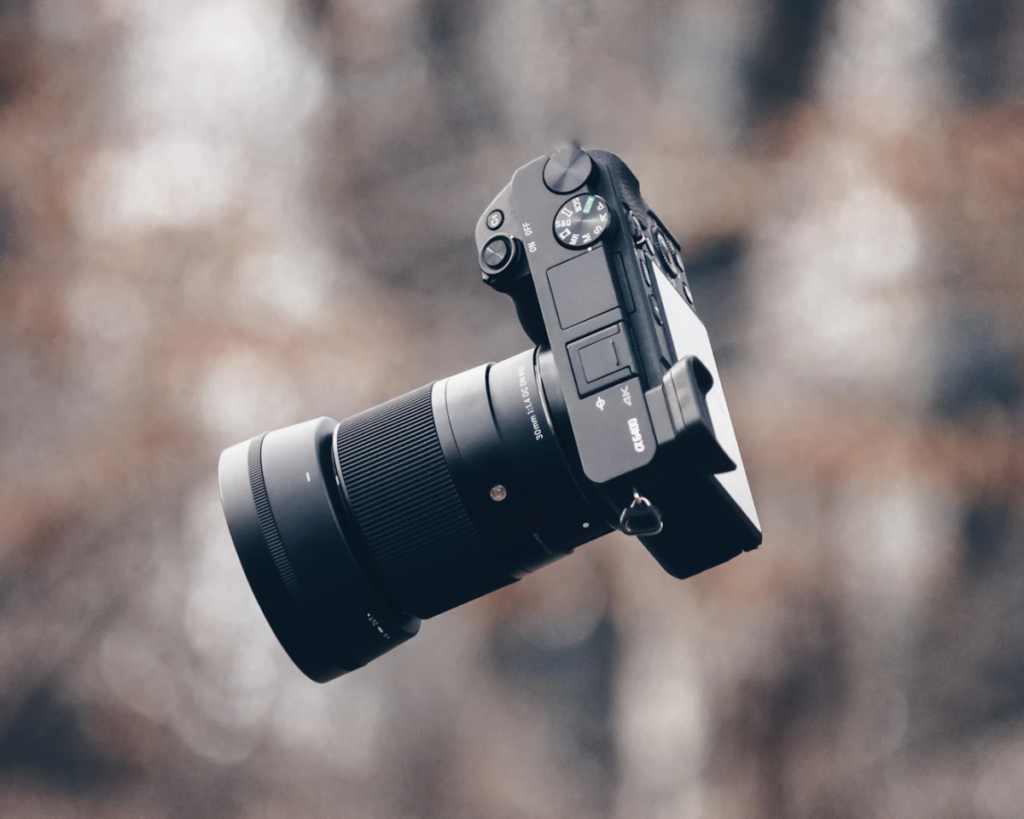
Its lightweight body makes it perfect for clinical settings. The Real-time Eye Autofocus ensures sharp and focused images, making it ideal for dental photography.
Why Choose This Camera?
The Sony Alpha A6400 is great for tight spaces. Its small size makes it easy to handle, while its autofocus delivers consistently sharp results. For example, it captures fine details in intraoral shots with ease.
Key Features
- 24.2MP APS-C sensor
- Real-time Eye Autofocus
- 4K video recording
- Tilting LCD screen
- Wi-Fi and Bluetooth
Pros
- Compact and portable
- Excellent autofocus
- High-resolution output
- Easy operation
Cons
- No in-body stabilization
- Limited battery life
4. Fujifilm X-T30 II
The Fujifilm X-T30 II offers a balance of quality and portability. It has a 26.1MP sensor that ensures detailed and accurate captures. You can also use its film simulation modes for natural color reproduction.
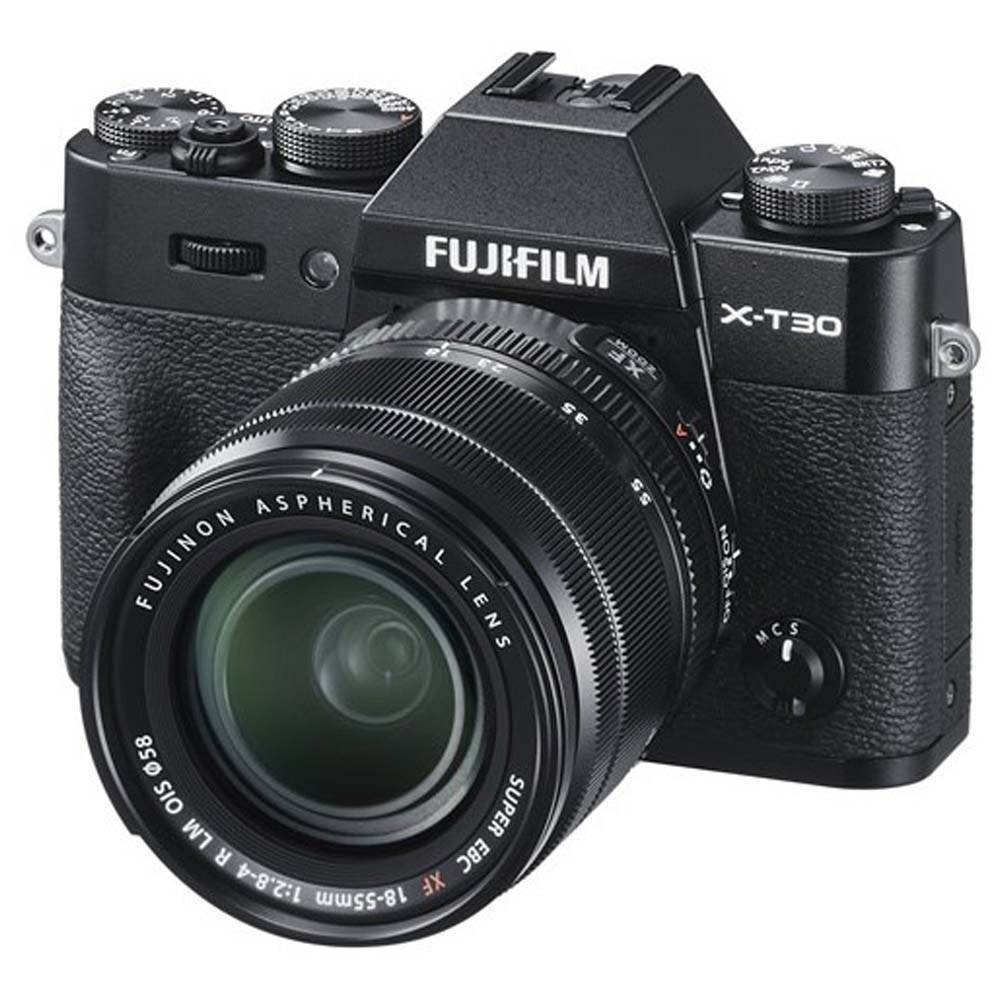
Its lightweight design makes it convenient for use in dental clinics. It is easy to carry and handle for extended periods.
Why Choose This Camera?
The Fujifilm X-T30 II delivers high-quality images with natural colors. You can rely on it for clear images of dental restorations. For instance, its detailed captures help document crowns and fillings effectively.
Key Features
- 26.1MP APS-C sensor
- ISO range up to 12,800
- 4K video recording
- Lightweight design
- Film simulation modes
Pros
- High image quality
- Easy to handle
- Versatile shooting modes
- Affordable
Cons
- Small grip size
- Limited battery life
5. Panasonic Lumix FZ1000 II
The Panasonic Lumix FZ1000 II is a great choice for cost-effective dental photography. It features a 20.1MP sensor and a built-in Leica lens, eliminating the need for extra lenses.
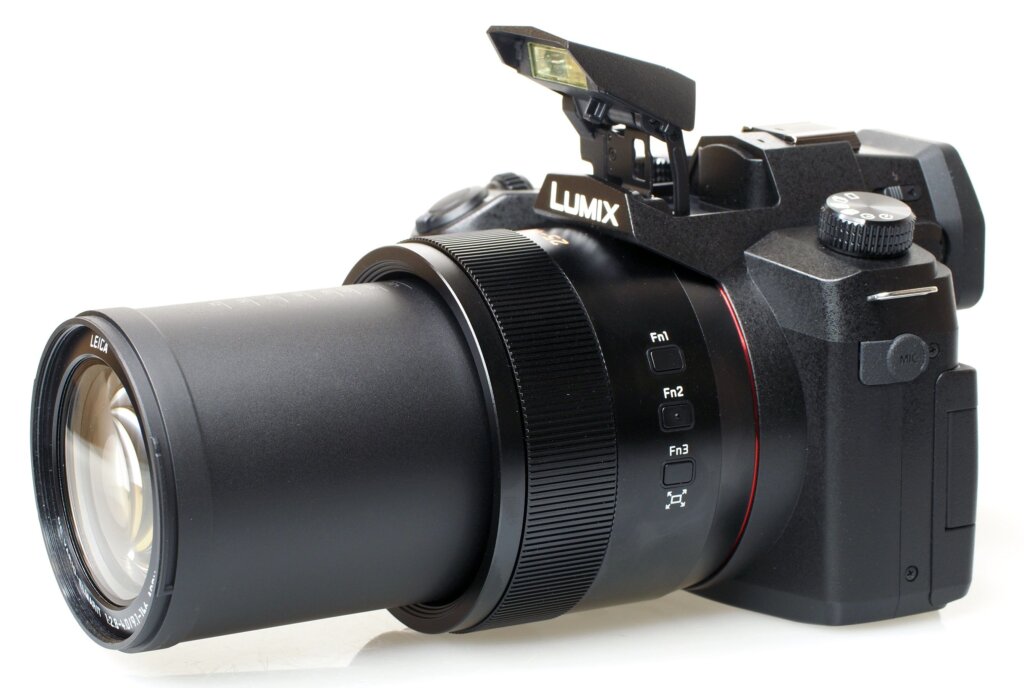
Its ergonomic design ensures comfortable handling. You can use its 16x optical zoom for versatile shooting in a dental clinic.
Why Choose This Camera?
The Panasonic Lumix FZ1000 II simplifies dental photography. Its built-in lens offers convenience without compromising on quality. For example, you can capture detailed intraoral images without needing additional equipment.
Key Features
- 20.1MP 1-inch sensor
- Built-in Leica DC lens
- 4K video recording
- 16x optical zoom
- Wi-Fi connectivity
Pros
- Easy to use
- Built-in lens saves effort
- Affordable
- Produces high-quality images
Cons
- Limited lens options
- Larger size
What Should You Choose?
It is important to pick a camera that meets your needs. The Canon EOS Rebel T7i and Nikon D7500 provide excellent image quality. The Sony Alpha A6400 and Fujifilm X-T30 II are compact and efficient. The Panasonic Lumix FZ1000 II offers simplicity and affordability. Consider your requirements and budget to make the best choice for dental photography.

